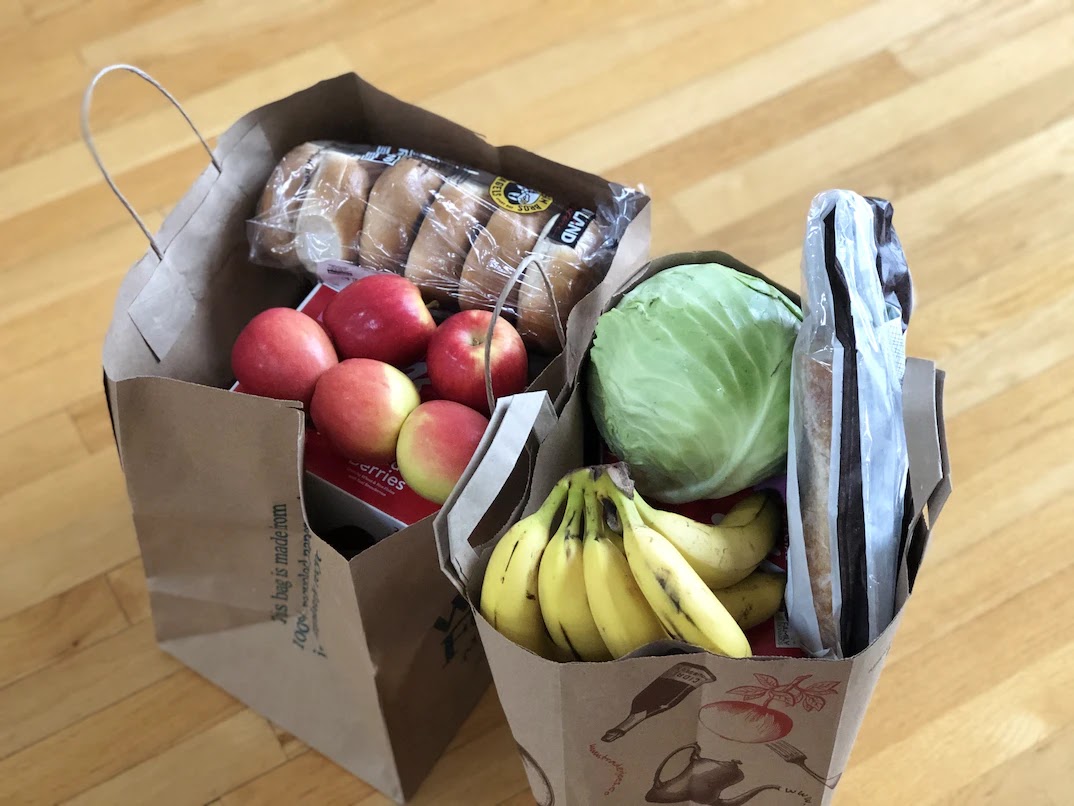 |
| The best ways to save money on groceries |
Saving money on groceries can make a significant impact on your monthly budget. Here are some effective ways to save money on groceries:
Plan your meals and create a shopping list: Before you head to the grocery store, plan your meals for the week and make a shopping list based on the ingredients you need. Stick to the list while shopping to avoid impulsive purchases.
Use coupons and discounts: Look for coupons in newspapers, online platforms, and store circulars. Many grocery stores also offer loyalty cards and digital coupons that can help you save money. Take advantage of these discounts to reduce your grocery bill.
Compare prices: Don't settle for the first price you see. Compare prices of similar products across different stores. Pay attention to unit prices (price per ounce or pound) to determine the best value for your money.
Buy in bulk: Certain non-perishable items, such as rice, pasta, canned goods, and toiletries, can be cheaper when bought in bulk. However, be mindful of your storage space and ensure you will use the items before they expire.
Shop seasonally: Seasonal produce tends to be cheaper and more flavorful. Plan your meals around fruits and vegetables that are in season to save money and enjoy fresh, local produce.
Avoid pre-packaged and processed foods: Pre-packaged and processed foods often come with a higher price tag. Opt for fresh ingredients and cook meals from scratch whenever possible. This not only saves money but also allows you to control the quality of the ingredients.
Shop at discount stores or farmers' markets: Consider shopping at discount grocery stores, where you can often find lower prices on certain items. Additionally, farmers' markets can offer fresh, locally sourced produce at reasonable prices.
Minimize food waste: Reduce food waste by planning your meals, storing food properly, and using leftovers creatively. Be mindful of expiration dates and try to incorporate leftover ingredients into new dishes.
Consider generic or store brands: Generic or store brands are often cheaper than their branded counterparts but can be of similar quality. Give them a try to see if they meet your expectations.
Cook in bulk and freeze meals: Prepare larger quantities of meals and freeze individual portions for later use. This approach not only saves money but also saves time on busy days when you don't feel like cooking.
Remember, saving money on groceries requires discipline and conscious decision-making. By implementing these tips and developing smart shopping habits, you can significantly reduce your grocery expenses.





No comments
Post a Comment